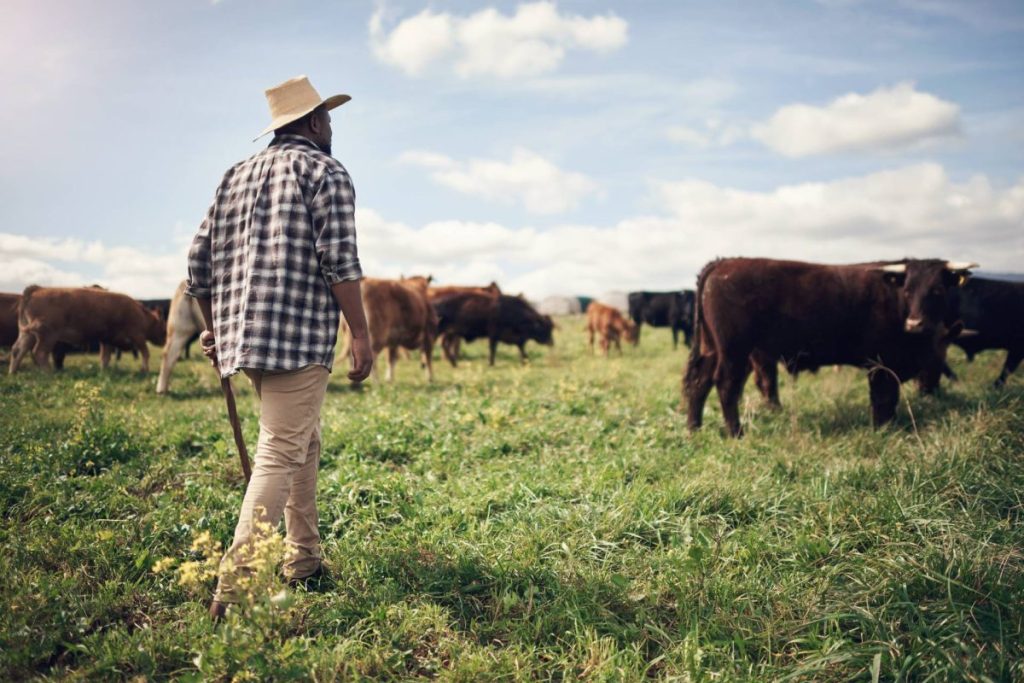Growing for the Future

Sustainable farming in Aotearoa is about reducing harm and rethinking how we grow, produce, and interact with the land. In New Zealand, farming is deeply tied to our economy, culture, and communities. Increasingly, consumers want to know that their food is being produced in a way that protects our natural environment and supports long-term wellbeing. The concept of sustainability has evolved to include environmental responsibility, as well as social, cultural, and economic balance.
Farmers today face rising expectations from councils, regulators, and the public. There is pressure to demonstrate environmental care, cultural awareness, and economic viability all at once. Social licence to operate is no longer a nice-to-have; it’s essential. AsureQuality puts it well: true sustainability is about aligning farm practices with people, planet, and profit. That means respecting Te Ao Māori and incorporating mātauranga Māori (Māori knowledge) into how we care for whenua (land).
Some standout examples of what this looks like in practice can be seen in the Ballance Farm Environment Awards. At a recent Horizons Regional Council field day, George and Ellen Bartlett of Gemel Trust opened their farm to the public. Their Manawatū-based operation includes dairy, sheep, and beef, and is run with a sharp eye for balance between productivity and the environment. They’ve improved fencing, integrated trees for shelter and biodiversity, and taken a proactive approach to managing water and soil health.
Further afield, producers like Woodhaven Gardens are showing how large-scale commercial vegetable farming can be both productive and environmentally responsible. By improving soil structure, planting hedges, and reducing nutrient runoff, they’ve not only protected their land but also enhanced their yields and market reputation.
Central to this shift is better planning. Farm Environment Plans (FEPs) help farmers take stock of their land use and identify areas for improvement. These plans are increasingly being tied to regional council requirements and market access. Technology also plays a growing role; irrigation sensors, nutrient mapping tools, and even drones are helping farmers reduce waste, manage resources efficiently, and minimise their environmental footprint.
This modern approach to farming also reconnects with traditional Māori practices. The concept of ahuwhenua—caring for the land with intention and respect—is becoming part of the mainstream conversation. When modern science and indigenous knowledge come together, the results are often practical and powerful: rotational grazing to support pasture health, riparian planting to protect waterways, and partnerships that prioritise both economic return and cultural value.
Sustainable farming isn’t just the ethical path; it’s increasingly the smart business move. Healthy soils and resilient ecosystems support healthier livestock and crops, reduce input costs, and open doors to premium markets. Certification, traceability, and transparency are not just tools for compliance, but also for building trust and brand strength.
As New Zealand looks to reduce emissions, improve freshwater quality, and lead the world in regenerative agriculture, the momentum is growing. From high-tech solutions to age-old wisdom, Kiwi farmers are showing that sustainability is more than a goal, it’s a way forward.





